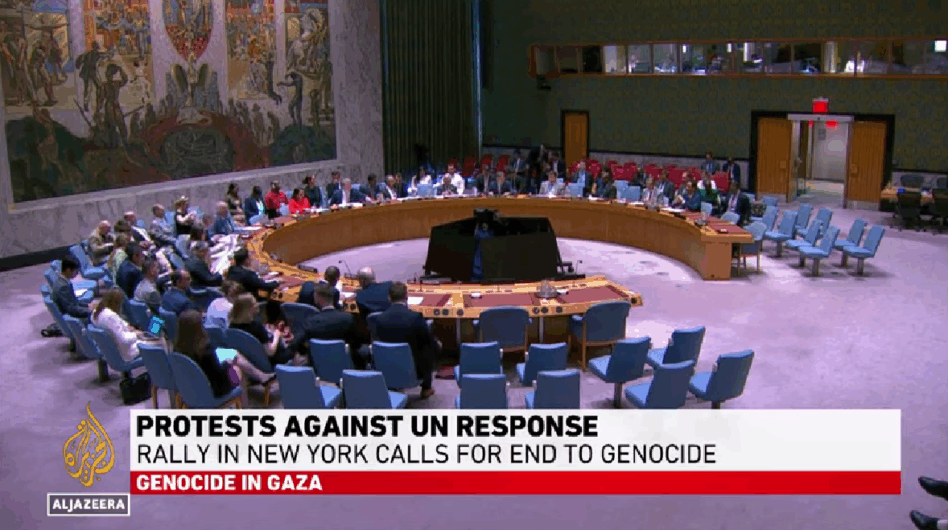MALAYSIA should take advantage of its diplomatic relations with China by having a comprehensive and coordinated strategy to attract high quality investments from China which can also integrate with the domestic supply chain, said former Bangi MP Ong Kian Ming.
Citing the recent launch of China’s third “Big Fund” to support its semiconductor industry worth US$47.5 bil as an example, Ong said some of these investments can benefit Malaysian companies that have capabilities in IC design, advanced packaging and speciality chemicals.
The benefits are either through participation in the research and development (R&D) and technology transfer channel in China or via Chinese companies investing in Malaysia via joint venture (JV) arrangements, he added.
“Another area which MITI and MIDA are already exploring is working with Chinese players in the Electric Vehicle (EV) ecosystem and supply chain including the supply of battery and electronic components,” Ong said in a statement on Friday (May 31).
“Other new areas of high-end manufacturing worth exploring include wind turbine manufacturing because of our logistical connectivity and capabilities in the electronics used in these turbines and the manufacturing of smart agriculture machinery and components.”
While MITI and MIDA can play the coordinating role, Ong pointed out that other ministries and agencies must also work together to align their objectives with such investments and technologies to realise the strategic goals.
Ong also said Malaysia needs to have strategic engagements to unlock capital flows from Chinese investors in our capital markets and through Private Equity and Venture Capital funds based in China.
“Many of these investors, where they were allowed to invest abroad, would have been mostly focused in the larger and more developed markets in the United States, Europe, and Japan,” he reckoned.
“But because of geo-political tensions and because of the growing importance of Southeast Asia for foreign direct investments, R&D and innovation, these investors are starting to look at Asean markets, including Malaysia.”
Ong also said Malaysia must offer different value propositions to these investors to allow them to diversify their portfolios in the technology, finance, commodities, manufacturing, telco, and real estate sectors.
“This would require constant and high-level engagements between our financial regulators such as Bank Negara and the Securities Commission, our stock exchange namely Bursa Malaysia, and also our policymakers at the Finance Ministry,” he stated.
According to Ong, these initiatives would likely open up the conversation for Chinese funds to invest in Malaysian equities and bonds and later deploy capital in the venture capital and private equity space.
On top of these, Ong said Malaysia also needs to have a comprehensive strategy on how attract and manage the Chinese population who want to have longer-term engagements in Malaysia.
“This may be through a well-thought-out Malaysia My Second Home (MM2H) programme that ensures that long term passholders from China are here in Malaysia to do legitimate business, or attractive schemes for medical tourism under the Malaysian Healthcare Travel Council (MHTC), or higher quality education programmes which allows for better internship opportunities and even full-time work possibilities for critical sectors such as engineering, computer science, and AI,” he opined.
“This needs to be managed carefully as there will be irresponsible segments of society that will politicise such moves aimed specifically at individuals from China.
“One way to assuage such fears would be to open up such channels of long-term engagements to participants from other parts of the world, including to individuals from developed countries wanting to seek investment, education, and work opportunities in Malaysia and the region.”
Ong, however, expressed concern that many of the current engagements the country currently has with China are overly focused on short-term goals and photo opportunities rather than long-term strategic engagements for larger and more sustainable goals.
“Only longer-term strategic thinking and actions can result in genuine win-win outcomes and result in shared prosperity, a phrase which both countries like to use,” he stressed. – May 31, 2024
Main pic credit: UtusanTV









